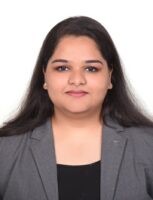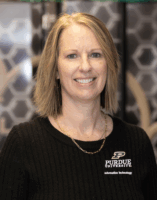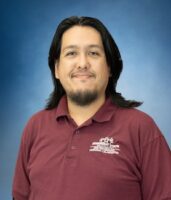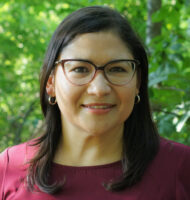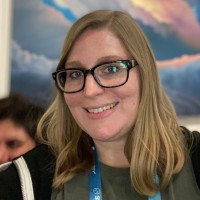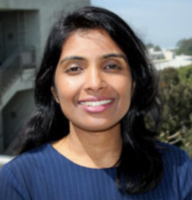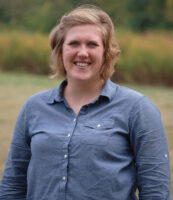The 22nd International Women in HPC Workshop will take place at PEARC25 in Columbus, OH, USA, with the primary objective of nurturing a diverse and inclusive Research Computing and Data (RCD) and High-Performance Computing (HPC) community. Our overarching goal is to cultivate competencies geared towards appreciating the value of a diverse workforce and establishing an inclusive environment that welcomes all Humans. This workshop the first time that WHPC is formally engaging with PEARC and our agenda focuses on bringing the communities together through shared values of diversity and inclusion, encompassing both women and men from underrepresented groups.
The focal points of the WHPC@PEARC25 workshop include:
- Enhancing diversity and inclusion across the entire RCD and HPC workforce.
- Facilitating a deeper comprehension of the nuances of diversity, equity, and inclusion across various demographic groups.
- Strategies for recruitment, retention, and success.
- Promoting community building through interactive networking opportunities.
- Emphasizing the importance of learning from and valuing diverse experiences and career trajectories.
The WHPC@PEARC25 half-day workshop has two main priorities. First, our focus is on building and strengthening our community. We will spotlight a distinguished speaker to discuss the importance of diversity and inclusion to the success of a workplace and enrichment of scientific study. Following this, we plan to have a networking session for the PEARC audience to interact directly with active WHPC members. We hope to encourage followup and engagement among the participants after the conference.
Our second focus is on building up our individual participants in their personal career goals, particularly those early in their career. We plan to have a series of short talks to showcase example career paths and provide tips on navigating career choices and conversations. Following this, we plan to have an open discussion with the attendees to identify possible next-steps for their own career questions.




